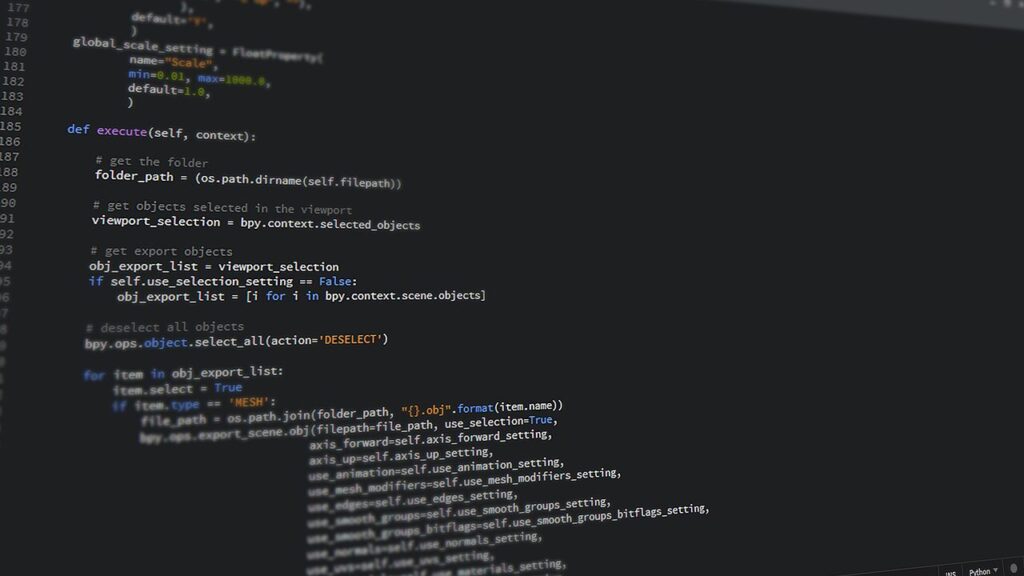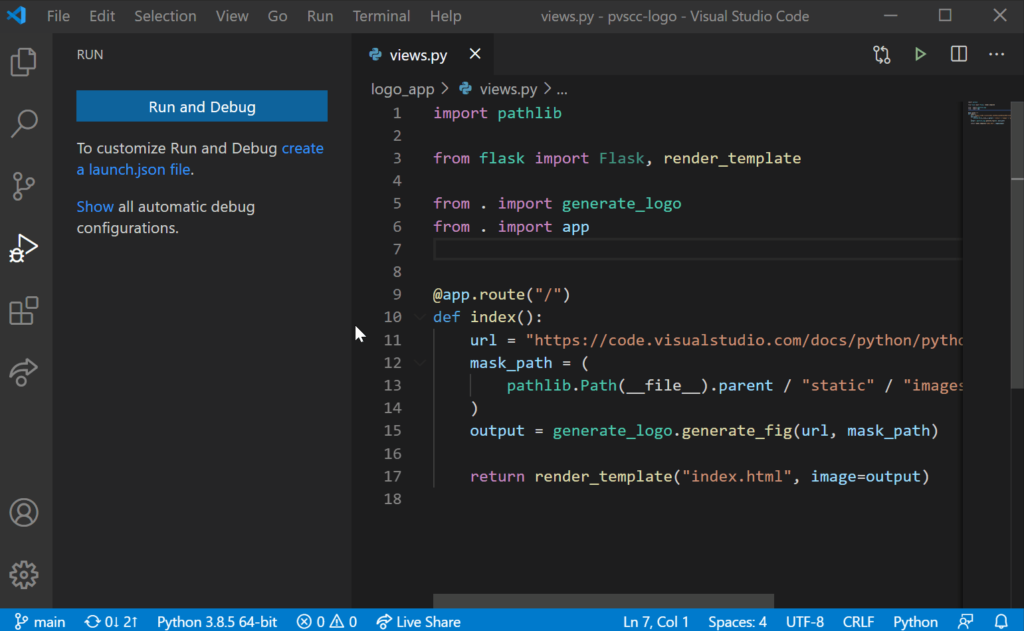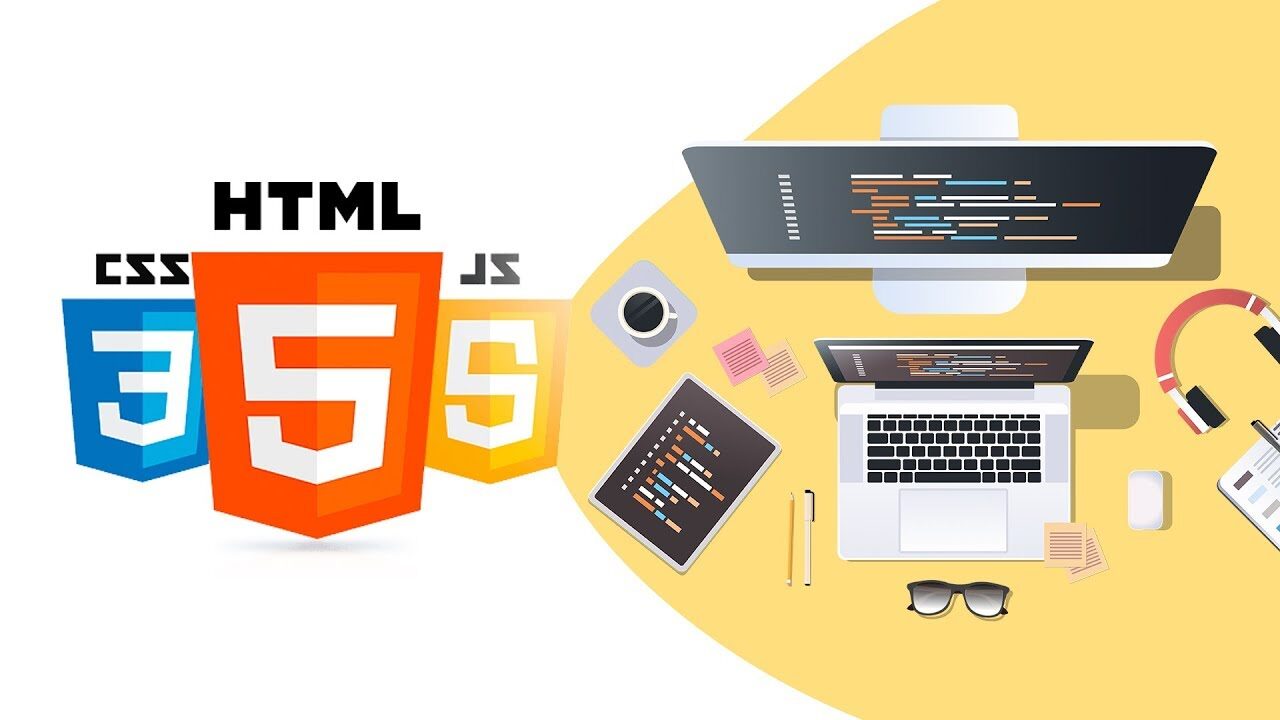Python programming has emerged as one of the most popular and versatile programming languages in the tech industry. Its simplicity, readability, and broad applicability make it an excellent choice for both beginners and seasoned developers. Whether you’re just starting to learn to code or looking to advance your skills, mastering Python can open up a world of opportunities. Here’s a comprehensive guide to help you excel in Python programming, from essential tips for beginners to strategies for advanced programming.
Why Learn Python?
Python programming is renowned for its ease of learning and wide range of applications. As a programming language, Python excels in web development, data analysis, artificial intelligence, and more. Its clear syntax and readability make it an ideal choice for those new to coding. By enrolling in programming courses focused on Python, you can build a strong foundation and start creating impactful projects quickly.

Essential Tips for Beginners
- Start with the Basics: For programming for beginners, it’s crucial to start with the basics. Familiarize yourself with Python’s syntax, data types, and control structures. Online coding platforms often provide coding tutorials that guide you through these fundamentals in a structured manner. Understanding these core concepts will make it easier to tackle more complex topics later on.
- Practice Coding from Scratch: One of the best ways to master Python is through hands-on practice. Engage in coding from scratch by working on small projects and exercises. This practical experience helps solidify your understanding and enhances problem-solving skills. Many online resources offer practice problems and challenges tailored for beginners.
- Utilize Coding Tutorials: Leverage coding tutorials to deepen your knowledge. These tutorials often cover a range of topics, from basic syntax to advanced programming techniques. Look for tutorials that include real-world examples and projects to apply what you’ve learned in practical scenarios.
- Build Simple Projects: Apply your skills by building simple projects, such as calculators, to-do lists, or basic web applications. These projects provide hands-on experience and help you understand how different elements of Python programming come together. They also serve as valuable additions to your portfolio.
- Join Online Communities: Engage with online communities and forums dedicated to Python programming. These communities offer support, answer questions, and provide valuable insights from experienced developers. Participating in discussions can help you stay updated with the latest trends and best practices.
Advancing Your Python Skills
- Explore Advanced Programming Concepts: Once you’re comfortable with the basics, delve into advanced programming concepts. Topics such as object-oriented programming, data structures, and algorithms are essential for mastering Python. Many advanced programming courses are available that focus on these areas, helping you build more complex and efficient solutions.
- Work on Real-World Projects: To further develop your skills, take on real-world projects. This might include contributing to open-source projects, developing applications, or working on data analysis tasks. Real-world experience is invaluable in applying theoretical knowledge and solving practical problems.
- Combine Python with Other Technologies: Python’s versatility allows it to be used alongside other technologies. Explore how Python integrates with web development frameworks like Django or Flask. Additionally, consider learning JavaScript programming to enhance your web development skills and create dynamic, interactive websites.
- Pursue Programming Certification: Obtaining programming certification can validate your skills and enhance your credibility in the tech industry. Look for certifications that focus on Python programming and related technologies. Certification can also make you stand out to potential employers and open up new career opportunities.
- Utilize Programming Resources: Continue to utilize programming resources to stay current with Python developments. Resources such as online courses, books, and forums can provide ongoing learning and support. Regularly exploring new topics and technologies ensures you remain at the forefront of the programming field.

Mastering Python programming is a rewarding journey that opens up numerous possibilities in the tech industry. By starting with the basics, practicing coding from scratch, and leveraging resources and tutorials, you can build a solid foundation. As you advance, exploring complex concepts and working on real-world projects will further enhance your skills. With dedication and the right approach, Python programming can lead to a successful and fulfilling career in technology.



